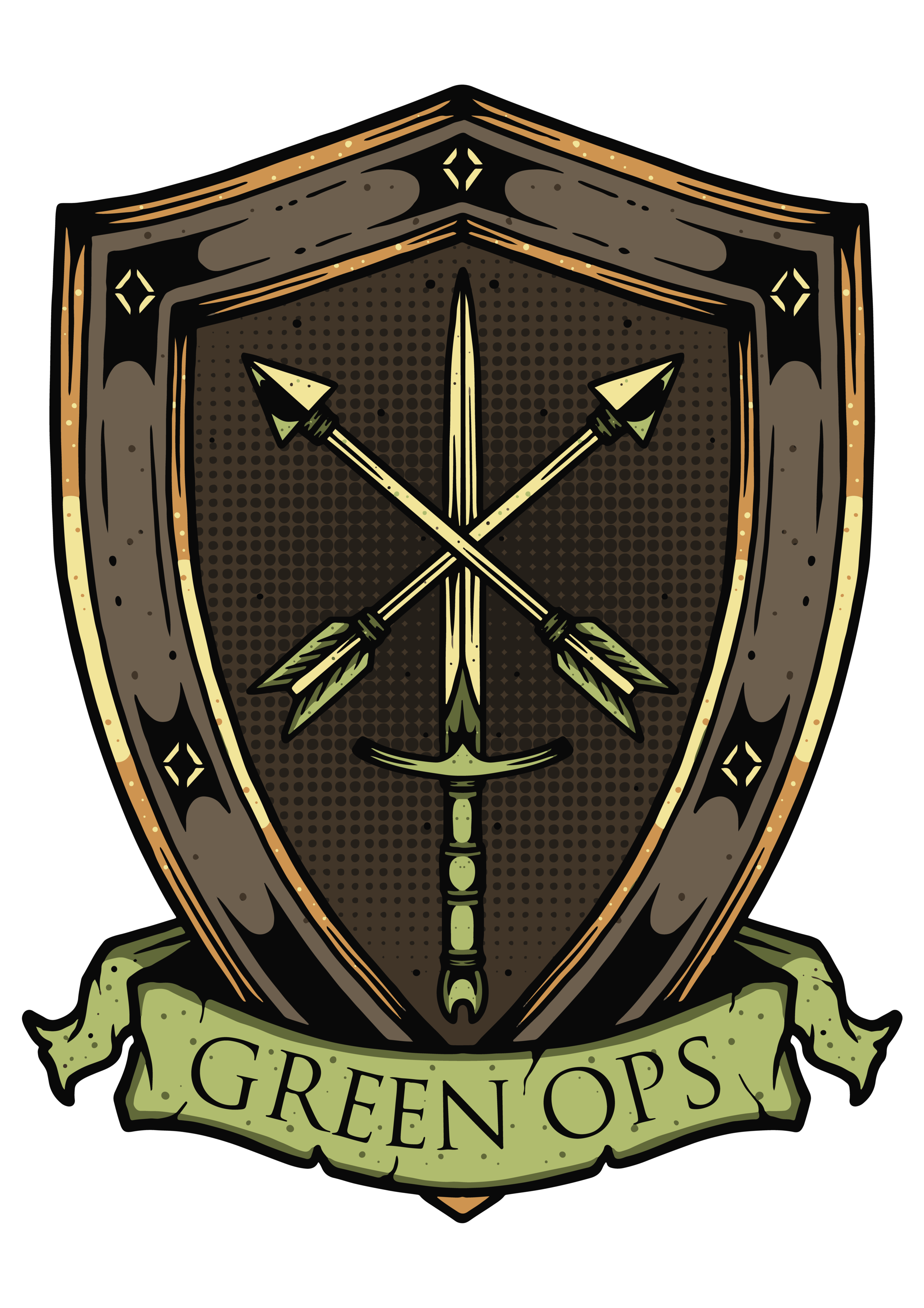Tactical Combat Casualty Care Training and Unconventional Medical Response Techniques (2 DAYS)
Description
This is a 2-day course of doctrinal and non-doctrinal medical treatment techniques.
Day 1 will focus on Tactical Combat Casualty Care (TCCC). This training is designed to teach evidence-based, life-saving techniques for use in a tactical situation. This portion of the course will highlight advanced techniques in Care Under Fire scenarios, Tactical Field Care, and Tactical Evacuation Care using standard and non-standard platforms. This course is taught with the latest standards of care recommendations by the Joint Trauma System (JTS), American College of Surgeons, and the Committee of Tactical Combat Casualty Care (CoTCCC).
Day 2 will teach unconventional/non-traditional medical techniques for austere and emergent environments with limited resources. Focus on trauma instruction and scenarios with culmination exercises and lifelike active shooter response situations and other emergent situations and conditions. We teach trainees general anatomy and physiology for managing traumatic, life-threatening wounds in addition to the TCCC modules. We will discuss and demonstrate effects of trauma inflicted by supersonic and subsonic ballistics as well as improvised weapons, knives and blunt trauma. Provide instruction on improvised bandaging, splinting techniques, patient stabilization, evacuation and resource management without traditional medical supplies in a denied area. Be prepared to move strenuously on the range as we will be treating and triaging casualties on the ground and will be packaging and moving them onto a non-standard evacuation platform. You will provide hands-on care and will receive hands-on care from your classmates. There is a lot of hands-on, scenario-based practical exercises that will give the students the confidence to execute these skills in a real-world application
Location
TBD
Date & Time:
TBD
Topics Covered
Care Under Fire
Tactical Field Care
Tactical Evacuation
Tourniquet Application
Pressure Dressing Application
Tension Physiology
Airway Management
Triage
Patient Packaging
Patient Handover
Aid Bag Theory
Improvised bandaging and splinting theory
Stopgap hemorrhage control
Improvised bandaging fabrication and application
Improvised weapons introduction
Equipment Needed
First aid kit and other medical items commonly worn
Trauma sheers
Tactical Gear Commonly Worn
Wear undergarments! Training clothing provided will be cut or removed during scenarios
You may bring old clothing that can be cut and disposed of after training (recommended if you wear very large or small sizes)
Medical SOPs if available
Knee pads (optional, but recommended)
Water for hydration & Snacks
Cold weather gear for Day 2, if necessary
Notepad
A foldable chair for Day 2 (optional, but recommended)
Services
Lunch is NOT included / Please bring your own
On Day 1, Indoor restrooms available
On Day 2, we will be at an outdoor range, so the only restrooms are Port-A-Johns.
About the Instructor
Instructor Jay D. McBride is a retired Special Forces Medic (18D), Intelligence Sergeant (18F) and Team Sergeant (18Z). Jay has been assigned to 1st Special Warfare Training Group, 10th Special Forces Group and Joint Special Operations Command (JSOC) of the United States Special Operations Command (USSOCOM), and the National Ground Intelligence Center (NGIC) on active duty and as a private government contractor. Medical instructor for Special Operations Jedburgh course, and Lone Operator course.

